Again, OBJ stirs the polity
[ad_1]
FORMER President Olusegun Obasanjo has again, stirred the nation’s political pace with his endorsement of the presidential candidate of the Labour Party (LP), Mr Peter Obi as his preferred choice. As more reactions trail the action, KUNLE ODEREMI reports on the behind-the-scene activities that culminated into the endorsement.
TOWARDS the end of 2022, some close confidants and admirers of former President Olusegun Obasanjo had a cause to express their concern for his obvious inclination to the candidacy of former Governor of Anambra State, Mr Peter Obi for 2023 presidency. One of the close admirers of the three-time Nigerian leader thought that he was not flowing with the trend of events as far as the race for the presidency; that his preferred choice for the exalted seat lacked national appeal and constituted a hard sell to the vast majority of potential voters. Obasanjo was not taken back by the views ventilated by the admirers. Indeed, a source close to him said it’s not in the character of Obasanjo to be calm and receptive at such seeming challenge to any matter he holds with passion. He is said to prefer to go solo on the cause he believes in than join the crowd. So, on this occasion, he smiled dryly and advised his confidant to keep his fingers crossed until January 2023. He dropped a hint that he was already into capacity building to achieve a widespread national network for his preferred choice as President Muhammadu Buhari’s success. Obasanjo, according to the confidant, particularly said he was in serious talks and consultations with key traditional rulers and other categories of main stakeholders in the North to expand, fortify and concretise necessary structure for Obi. After that encounter with the confidant, Obasanjo jetted out of the country for some assignments in North Africa and other parts of the world. But that singular encounter may have crystalised in the letter released by the former Head of State on New Year day that is still generating an admixture of outrage and applause from other vested interests in the battle for the presidency.
Recall that APC presidential candidate, Senator Bola Tinubu and other chieftains of the party visited the former President at his presidential library in Abeokuta last year. The visit elicited wide reactions following speculations that Obasanjo had endorsed the former Lagos State governor for the contest. There was a swift denial of the report by the ex-Nigerian leader through a statement signed by one of his aides. After the visit of Tinubu, Obasanjo, according to one of his confidants, said his mind was already made up on the direction to go in the choice of a preferred candidate for the presidential election. The source claimed that the former president said the decision of Tinubu to visit him had not vitiated the fact that the APC candidate and other party stalwarts once claimed that he (Obasanjo) was of little or no electoral value. Therefore, the visit to him, was of no relevance and consequence. The issue of trust is said to the ground of disagreement and gulf Obasanjo claimed to have with PDP candidate, Atiku, a close confidant of the former president said. So, it was no surprise that he categorically declared he was not favourably disposed to the aspiration of Tinubu and Atiku. And Obasanjo is said to derive joy in taking the bullets over his actions from critics and traducers each time he releases his letters and speaks on critical national issues such as the scenario created by his latest missive to Nigerians.
Trajectories
Following the assassination of the Head of State, General Murtala Muhammed on February 13, 1976, the lot had fallen on Obasanjo to lead the country. Major General Shehu Yar’Adua became his second in command. Many years after, and under the political transition programme of the Babangida era, Yar’Adua ventured into the murky waters of politics with his Peoples Democratic Movement (PDM) and its offshoots across the country coming in good stead to prosecute his bid. Against all expectations, Obasanjo was said to have inclined to presidential bid of a former governor of Lagos State, the late Alhaji Lateef Jakande. Obasanjo’s support for Jakande flopped when Yar’Adua contested for SDP ticket in 1992. He lobbied the strong man of Ibadan politics, Alhaji Lamidi Adedibu to rally support for Jakande, but Adedibu reportedly said he was already supporting and working for Yar’adua to secure sdp ticket. Then, Yar’Adua had trounced Olu Falae, Chief Olabiyi Durojaiye in the primaries across the zone for the ticket. In later years, Obasanjo became the real beneficiary of the Yar’Adua political dynasty and machinery. The PDM, which formed part of the nucleus of the defunct Social Democratic Party (SDP), one of the parties foisted on politicians by the IBB regime, became the veritable caucus and platform to rally other powerful and influential groups in PDP position him for the presidency and consolidate when he sought a second term in office. The role he played during the struggle against the cancellation of the June 12, 1993 presidential election, won by the late Chief MKO Abiola underscores the politics of Obasanjo. Incidentally, he became one of the key beneficiaries of the bitter struggle.
The action of Obasanjo endorsing Obi has led the leader of Ijaw ethnic nationality, Chief Edwin Clark and a legion of groups joining the fray. However, it is recalled that Obasanjo had publicly declared that he had no plan to back Atiku when he ran for the presidency in 2019. But at the dawn of the poll, he made a U-turn endorsing his former deputy for the poll. But most critical of the views about Obasanjo on Atiku is his book that reflects part of issues that surrounded their stay in power from 1999 to 2007. Some of those curious comments made by Obasanjo on his vice president brings back to memory what Obasanjo wrote in his book, “Not My will” on the political adventures, travails of the first generation political leaders and nationalists.
The scale of pro and anti-Obasanjo endorsement of Obi still dangles.
A pressure group, the Conscience Bureau (CB), in a statement by its general secretary, Mr. Said Ologuneru, differed with the Middle Belt Forum (MBF) on the decision of Obasanjo to endorse Obi for the presidency. CB also wondered why Tinubu could criticise Obasanjo for his latest action against the backdrop of what played out about nine years ago. The group said: “It is curious that the same Tinubu, who led Buhari and other leaders of the newly-formed All Progressives Congress (APC) to Abeokuta in 2013, to consult former President Obasanjo, describing him as the ‘navigator’ and the ‘political compass’ of APC’s false attempt to rescue Nigeria, could turn around to describe Obasanjo’s take on the Nigerian polity as ‘worthless and meaningless….This time round, Obasanjo has endorsed Obi, but he appears to be working secretly to foist the APC on Nigerians, in an avowed commitment to lead Nigeria to destruction” in the opinion of the group, “Atiku represents Nigeria’s best opportunity to get out of the economic doldrums. He remains the best and most prepared candidate on offer. The former vice-president represents the best opportunity for Nigeria to exit the economic woes foisted on it through Obasanjo’s miscalculated endorsement in 2013, which brought in General Buhari, and the only way APC would not continue in office beyond May 2023.”
Whereas Clark and other influential individuals have come out to identify with the ex-Nigerian leader for his action, prominent individuals like Mr Anthony Sani accuse Obasanjo of inconsistency. He said Obasanjo has been playing to the gallery through controversial open letters on national issues. According to Anthony Sani, “Former President Obasanjo has been using letter writing to sitting Presidents and Nigerians as means of his politics through which he has arrogated to himself the status of conscience of the nation. But since he tore his PDP membership card as a way of retiring from partisan politics only to join ADC and later endorsed former Vice-President Atiku for 2019 elections, things have not been the same for Obasanjo again. As a result, most Nigerians now believe the only thing consistent about former president Obasanjo is inconsistency. Furthermore, the defeat of Abubakar Atiku by President Buhari in 2019, despite Obasanjo’s letter and endorsement, has tended to demystify his claim to being conscience of the nation and electoral value.” The former national publicity secretary of the Arewa Consultative Forum (ACF) acknowledged the rights of Obasanjo to speak on any issue felt passionate about, it should not be based on facts and figures especially on the activities of government. He added: “It may be Obasanjo’s right to assess the performance of the sitting president and conclude that President Buhari has not performed creditably well. But, saying so without supporting facts does not make it so. It is also the right of the former president to endorse a candidate of his choice. But, he should not lose sight of the fact that he is only entitled to his opinion but not entitled to his facts. This is because facts are sacrosanct.”
And since he left office in 2007, the point of his disagreement on his relationship with other presidents has always been on perceived overbearing influence on his part. He is said to exert some influence such that with time, those in power tend to free themselves from his tendencies to play the role of godfather, even after he had declared he was no longer into partisan politics. One of his main political associates and friend is Chief Johnson Oluwole Fasawe. But they reportedly differ in the preferred candidate for the February 25 presidential poll. Fasawe is said to be in the camp of PDP candidate, Alhaji Atiku Abubakar. Who indeed understands the politics of OBJ?
ALSO READ FROM NIGERIAN TRIBUNE
[ad_2]

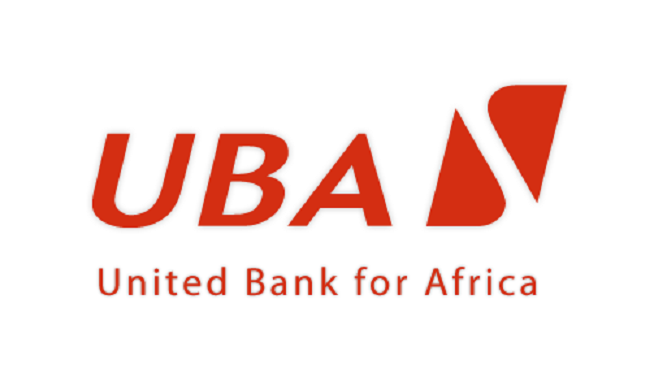
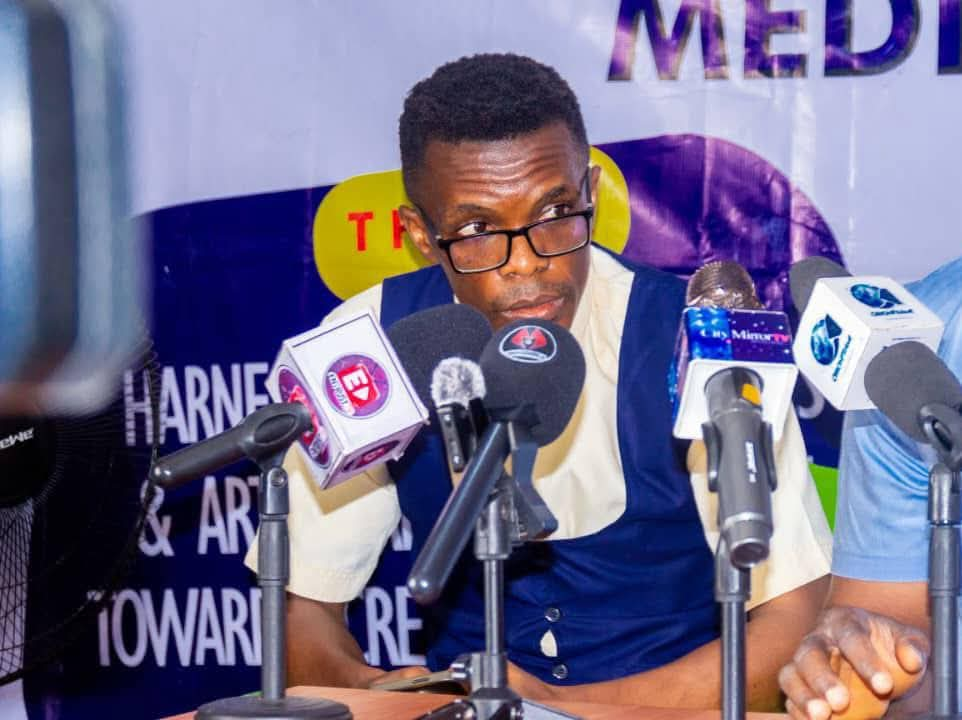
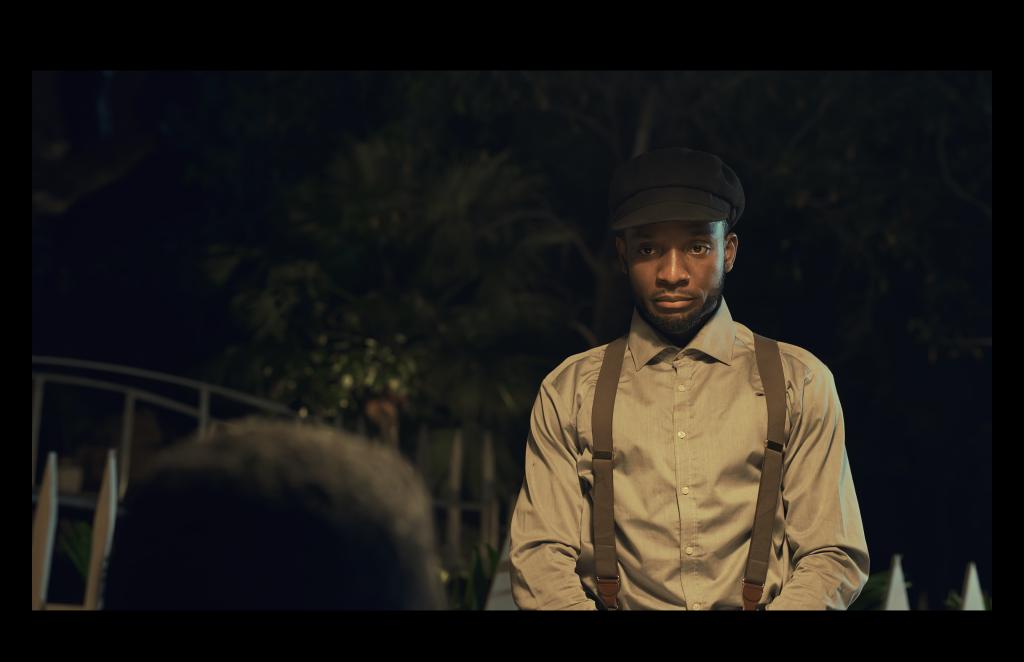

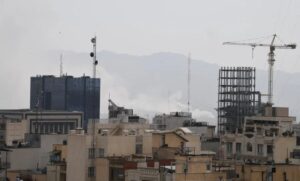
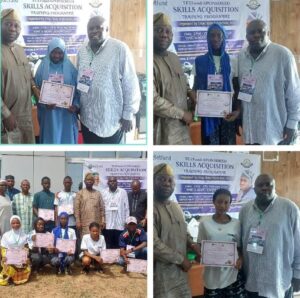
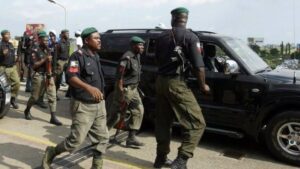
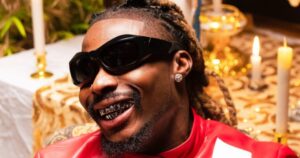

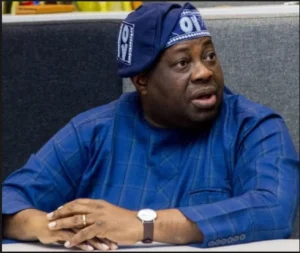
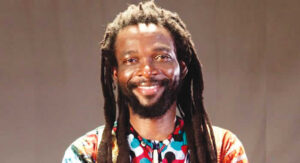
Post Comment